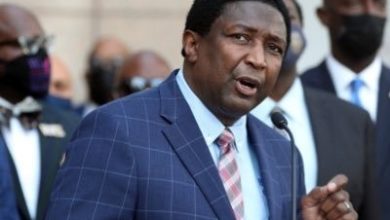The OAS and The World Bank launch the “Caribbean Emergency Legislation Project”
The Department of Sustainable Development (DSD) of the General Secretariat of the Organization of American States (OAS), with the support of the International Bank for Reconstruction and Development (World Bank), launched Monday, January 12, the Caribbean Emergency Legislation Project (CELP), and held the project’s First Steering Committee Meeting in Bridgetown, Barbados.
The CELP will assess current legal and institutional frameworks applicable under a state of emergency in the Dominican Republic and eleven CARICOM member countries: Antigua and Barbuda, Barbados, Belize, Dominica, Grenada, Haiti, Jamaica, Saint Kitts and Nevis, Saint Vincent and the Grenadines, and Trinidad and Tobago; with the objective of providing a set of recommendations for the implementation of clear and transparent procedures for natural disaster response in the Caribbean.
In furthering the project’s objective, a Steering Committee has been established to provide policy advice on meeting the priorities of the project. The Committee is comprised of high level natural disaster, legal, and budget experts from across the Caribbean who represent various government agencies and institutions including the: CARICOM Secretariat, Caribbean Disaster Emergency Response Agency, OECS Secretariat, Offices of Disaster Preparedness and Management, Ministries of Finance, University of the West Indies, and Caribbean Development Bank.
During the meeting, the project methodology was formally introduced and discussed by the Steering Committee members. In his opening remarks, Cletus Springer, Director of the OAS/DSD, highlighted the relevance of the project in addressing legal issues related to natural disasters with an integrated approach, and in engaging key stakeholders.




